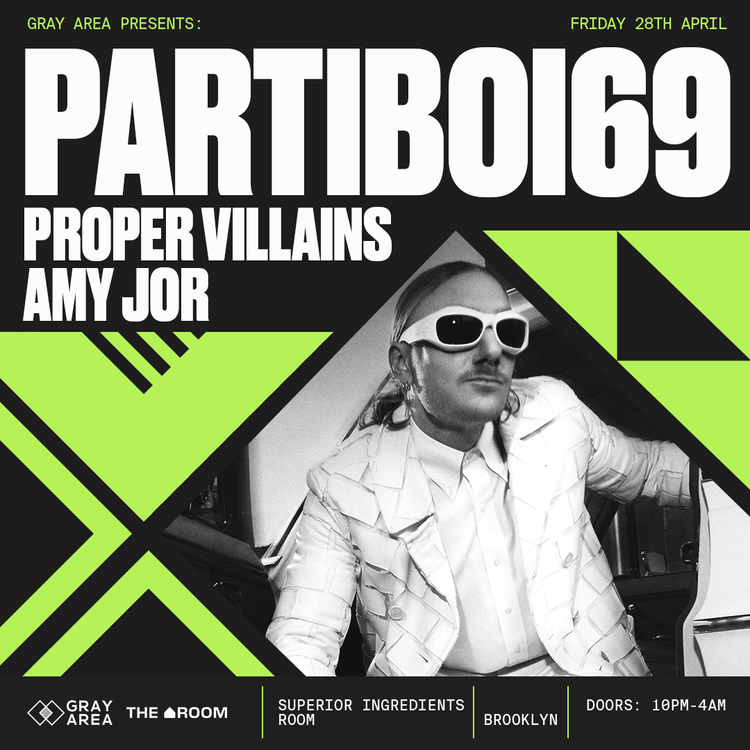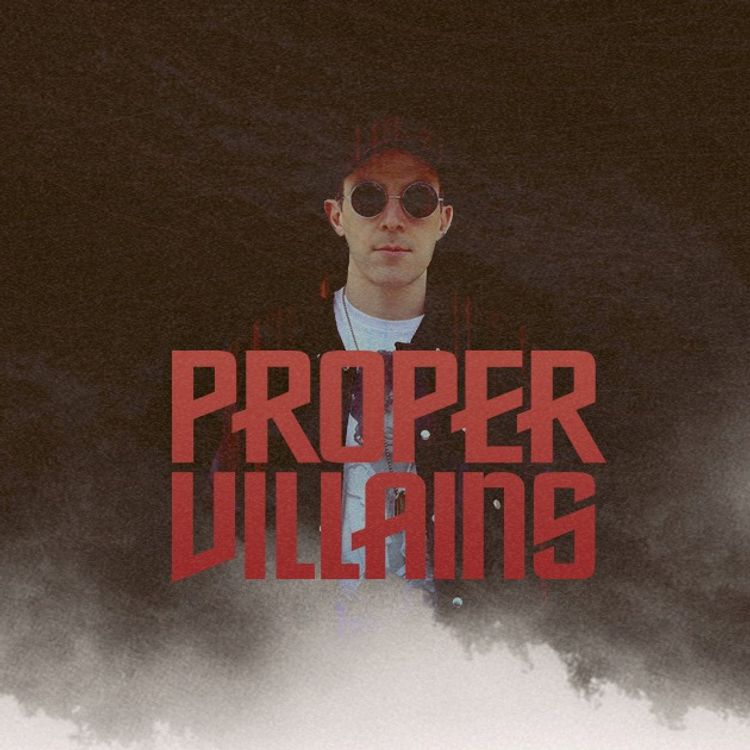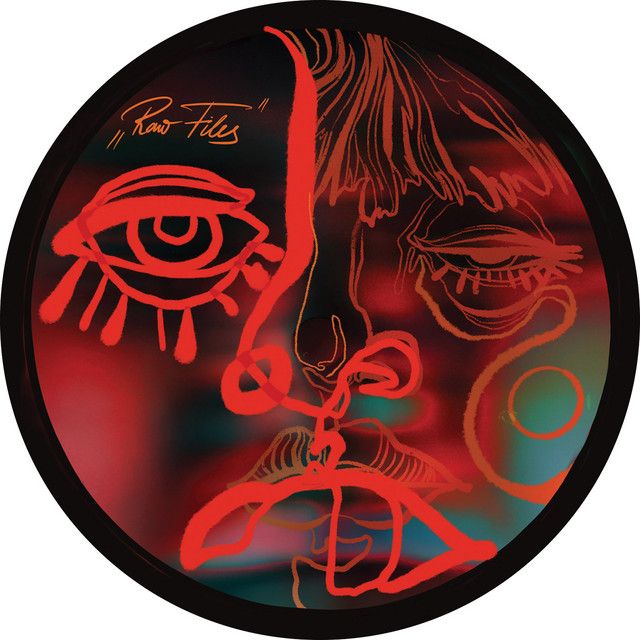Artist Spotlight
Many artists find their lane early in their careers and stick to it for years. Maybe slightly drifting off course at some point, but never really straying too far from the sound that made them fall in love with dance music. Proper Villains—aka Jon Shulman—has spent two decades politely destroying conventional wisdom and writing whatever he wants. As a result, his catalog runs deep, brimming with genre-spanning gems from dubstep to drum & bass, tech house to breakbeat, minimal to trap. And despite his meandering genre fluidity, his music still carries with it a cohesive string. It’s part of the reason why his music appears on lauded labels like Classic Music Company, Box of Cats, Southern Fried, and Fool’s Gold. His eclectic ear formed early. He says he grew up with “the most non-musical family.” Nevertheless, the imprint that his parents left on him is indelible. I imagine an old Looney Tunes cartoon as he endearingly recalls his mom playing all the wrong notes on the piano. However, she insisted that he take lessons starting at eight. And even though Shulman has developed a discerning ear, he says he didn’t get his innate abilities as a selector from his dad either. “My dad ran a laundry company in Brooklyn. So, he would just get whatever the dudes with the blankets on the sidewalk were selling as far as CDs. He would come home with like, Kenny Loggins, 50 Cent, and Enrique Iglesias. That was just what he listened to. There was just no filter.” What sparked his love affair with music was their record collection. Hiding between his mom’s Simon and Garfunkle albums were records from Ozzy Osbourne and Led Zeplin. “I was a super metal and punk kid. And then I got into industrial metal like Nine Inch Nails.” The intersection of synths and heavy rock was fascinating. Eventually, his love of synths took over. “I played guitar in two or three really awful bands. We ended up being an industrial metal band just because we couldn’t find a drummer,” he explains. Although it was more like none of his friend’s parents would let them have a drum set. So they improvised. “We’d loop up Rage Against the Machine breakbeats on a computer. And after a while, I was just like, well, this computer never shows up late to practice or stoned, so fuck y’all, I’m just gonna like roll with this computer.” He grew up in the storied 90s New York club and rave scene. And as he reminisces on the iconic nightspots he spent hazy nights at (Twilo, Limelight, Exit, and more), it becomes clear that he’s been harvesting this eclectic sound in dark rooms for a good portion of his life. By the time he was a senior in high school, he’d made the natural progression to D&B. After being so into metal, the high-energy drum breaks and grinding synths seemed natural. By the time he went to NYU to major in music business, the young DJ was building an arsenal of vinyl. “I kind of joke [that] I got a minor in dance music. I stayed at the commuter dorms that were downtown. And between classes ‑ these two hour breaks ‑ I would just go to record stores. It was four years of going to every single record store in the city.” By the time he graduated in 2001, the music industry had vastly changed. The first tech bubble had just burst, and the demise of Napster hinted at a burgeoning online music community. It was right around then that Shulman began to sign his first records. Throughout the early ’00s, he continued to embed himself in the music scene. By the time the blog house era rolled around, he was a fixture on message boards like Diplo’s Hollertronix. Which is where an A&R for Fat Boy Slim’s Southern Fried Records discovered and signed “Trick Baby,” a sleazy sub-grinding breakbeat. Around the same time, a friend of his introduced him to a way he could build a career out of his immense library of genre-spanning beats. He started working for a library company, a clearinghouse of sorts where producers can sell their beats to appear in movies, TV, and commercials. It gave him a way to put all of his unused material into the world. It ended up drawing him away from DJing between 2015 and 2018. But ultimately, he wanted to get back to the dancefloor. “It’s relatively lucrative. There’s no glory,” he explains. Part of the reason he went into the corporate world was that after a short foray into dubstep, he stopped having fun making music. He felt dance music had kind of jumped the shark. It had become too aggressive, there was no more groove. But, he says after the break, “I just wanted to get back into DJing.” The last three years of his career have been some of his most fruitful. In 2021 his track “Don Dada” with rapper Cakes Da Killa was remixed by Honey Dijon and Luke Solomon. And Eat’s Everything released a remix of “ICU” featuring Naomi Ruiz on his 10 Years of Eats Everything compilation. He also released Muvaland, Vol. 2 on the tastemaking HE.SHE.THEY imprint. His remix of QRTR’s “Nossa” takes a moody, atmospheric interlude from her album and flips it into sweltering, late-night tech house. His roots in drum and bass are evident in the grimy descending bass swells. But the thumping bassline and crispy percussion make it perfect for a peak-hour dance floor. It’s a masterclass in creative sampling and inventive sound design. He says that his goal when remixing is to take the best parts of the original and make it his own. “That’s why I want to do the interlude. I asked her about it, she recorded it in a church. She just, took a field recorder and recorded the choir. I was like, ‘this is awesome. Where’s the sample from? And she’s like ‘this is the original sample.’” As he looks back over his journey in dance music, he feels lucky to be here. When he first started going to raves in the 90s, it was a place for misfits. “When I got into DJing it wasn’t like, ‘Oh be a DJ [to be] super cool. It was like, ‘oh, you’re the dude who wears like goofy pants.’ It’s so weird to me that this stuff’s cool.”















